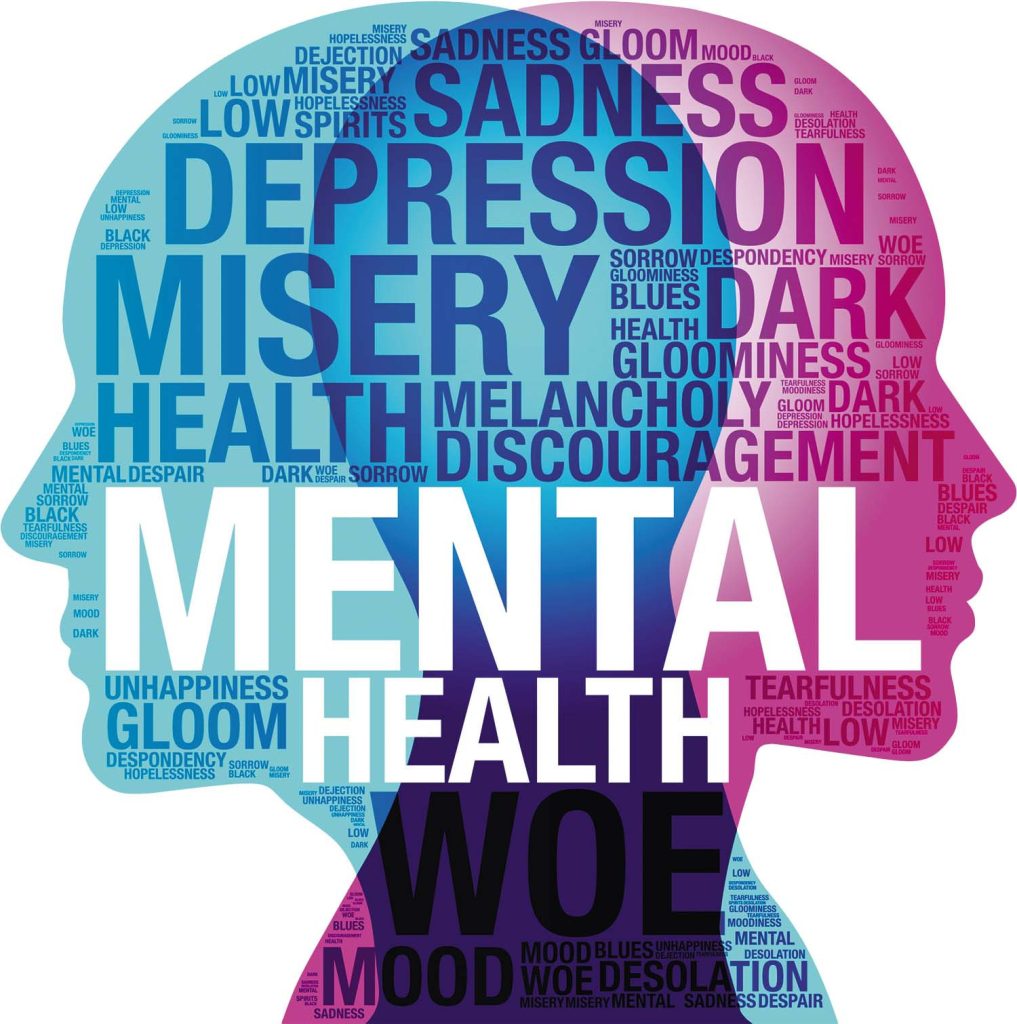
Building Resilience To Defeat Bullying
Bullying is a serious problem that can have a lasting impact on mental health. It can lead to anxiety, depression, low self-esteem, and other problems. However, building resilience against bullying and protect your mental well-being.
What is Resilience? Resilience is the ability to bounce back from difficult experiences. It is a skill that can be learned and developed over time. People who are resilient are able to cope with stress and adversity in a healthy way. They are able to maintain a positive outlook on life, even when things are tough. The Impact of Bullying on Mental Health Bullying can have a devastating impact on mental health.
Victims of bullying may experience: * Anxiety * Depression * Low self-esteem * Difficulty concentrating * Sleep problems * Physical health problems, such as headaches and stomachaches Bullying can also lead to more severe mental health problems, such as post-traumatic stress disorder (PTSD).
Strategies for Building Resilience: There are a number of things you can do to build resilience against bullying. Here are a few tips: * Develop a strong support system: Having a strong support system of friends, family, and teachers can help you to cope with bullying. Talk to your support system about what is happening and how you are feeling. * Practice self-care: Taking care of yourself both physically and emotionally is important for building resilience. Make sure to get enough sleep, eat healthy foods, and exercise regularly.

* Learn to manage your emotions: It is important to be able to manage your emotions in a healthy way. This means being able to identify your emotions, understand why you are feeling them, and respond to them in a positive way. * Challenge negative thoughts:
When you are bullied, it is common to have negative thoughts about yourself. Challenge these thoughts and replace them with positive ones. * Focus on your strengths: Everyone has strengths. Focus on your strengths and use them to cope with bullying. The Importance of Support Systems Support systems are essential for building resilience against bullying.
Having people who care about you and support you can make a big difference in your ability to cope with bullying. Talk to your friends, family, teachers, or other trusted adults about what is happening. They can offer you support and advice. Practical Advice for Individuals Who Have Been Bullied If you have been bullied, it is important to remember that you are not alone.
There are people who care about you and want to help you. Here are a few things you can do to cope with bullying: * Talk to someone you trust: Talking about what happened can help you to process your emotions and develop coping mechanisms. * Join a support group: Support groups can provide you with a safe and supportive environment to share your experiences and learn from others. * Seek professional help: If you are struggling to cope with bullying, consider seeking professional help.
A therapist can help you to understand your emotions, develop coping mechanisms, and heal from the trauma of bullying.
Conclusion Bullying is a serious problem, but it is possible to build resilience against it. By following the tips in this article, you can protect your mental health and well-being. Remember, you are not alone. There are people who care about you and want to help you.

